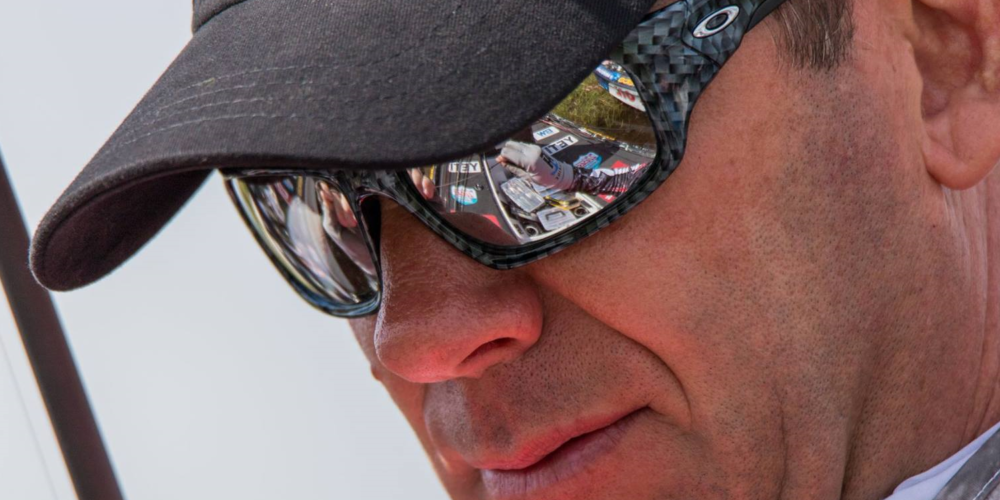KEVIN VANDAM: Let Me Help You Improve Your Tournament Practice (1 of 2)

“How do you practice for a tournament?”
That’s one of the top questions I get from aspiring anglers each year, especially from college, BFL and regional-level anglers who have very limited time to practice. No matter if you have three hours or three days to practice, the key is to make the absolute most of the practice time you do have.
Throughout my career, I’ve experienced “official” practice periods that run the gamut from four days in some pro events to absolutely no practice in the MLF Cup events. No matter how long or short my practice period is, my approach is very much the same, and I want to outline some of those common denominators.
Thinking Bigger Picture
First of all, understanding the overall conditions is important. I’m an avid weather watcher across the U.S. at all times. Big floods and droughts across the country have a huge bearing on how bass behave overall. A drought in Texas two years ago may have created an influx of shoreline bushes and deep grass due to prolonged low water levels. Big winter floods two states away from where you live might bring increased water flows and more current to your region for the entire summer. A big hurricane during the fall can bring higher water levels to the entire eastern third of the country through the winter.
These broad weather patterns and trends impact the waterways that link our lakes and reservoirs, and ultimately affect bass behavior. Therefore, keeping up with weather across the country is a part of my daily routine, even in the offseason.
Next, take into account the overall seasonal pattern for the time and location of the event. Use that frame of reference to prepare for practice long before you get there.
Proper Preparation = Proper Practice
Preparation for practice is an extension of practice itself. Given that, the best practices start at home. One way I get the most out of my practice is to spend time at home customizing my Plano tackle boxes with lures specific to the general season patterns that I’m going to be facing.
If the event is during the first part of fall when waters are starting to cool and I think topwaters might play, I’ll build boxes specific to just buzzbaits or frogs or topwater walkers for that practice. If it’s a post-spawn event along the TVA, I’ll build boxes specific to just deep-diving crankbaits or hair jigs. When I get my limited practice time on the water, I want to put my hands directly on the lures I think will be working at that time without rummaging around dozens of boxes to find them.
Preparing properly allows for a much more efficient practice.
Next week in Part 2, I’ll share some of my processes for when I arrive on the water for practice.